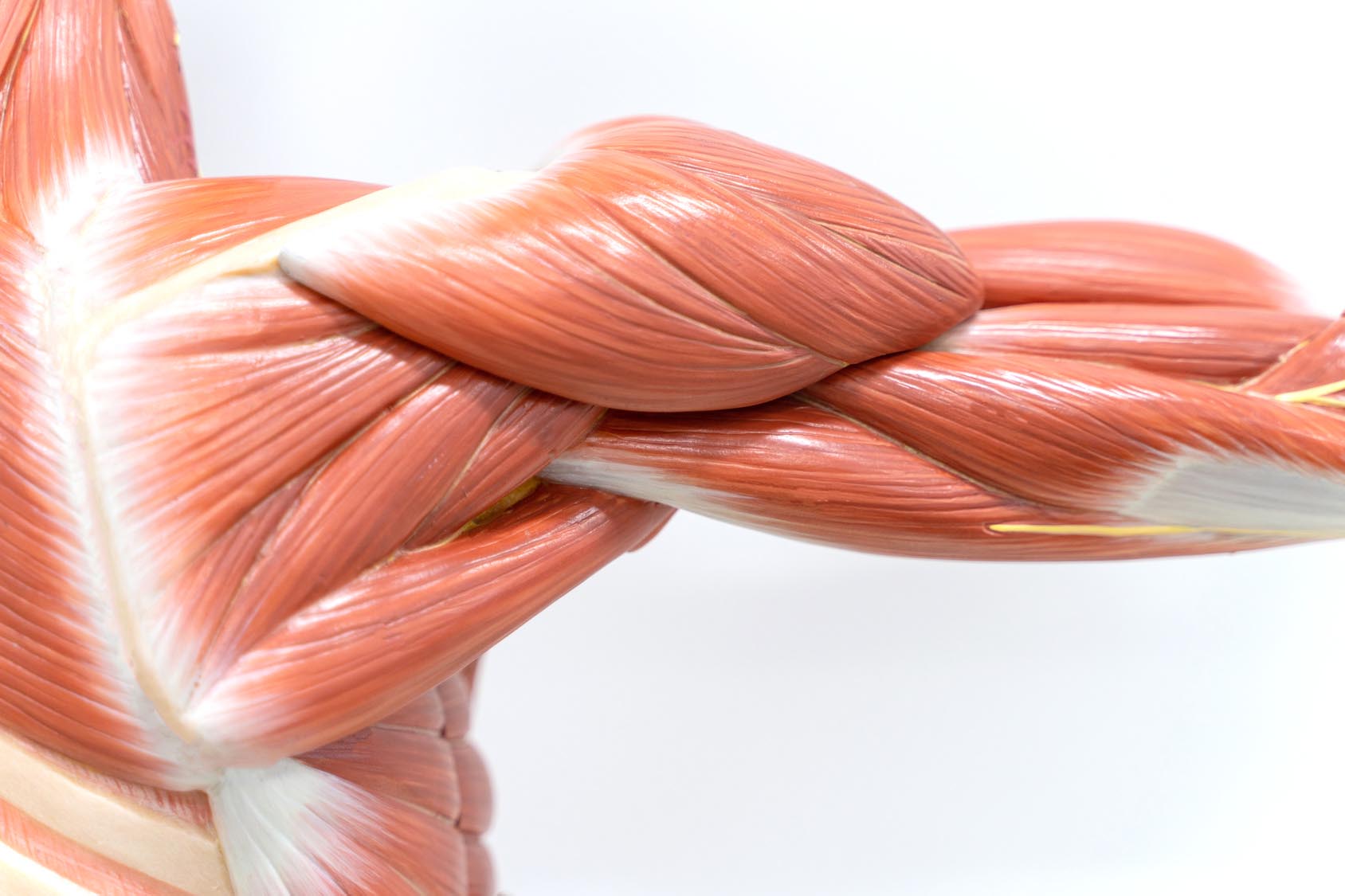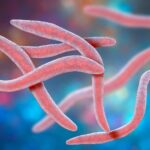• Muscle problems
• Beneficial transplants
What is already known on this topic
Imbalances in the composition of the gut microbiota have been associated with a series of conditions, from obesity to inflammatory diseases. But few studies have looked at how gut bacteria regulate skeletal muscle.What this research adds
Researchers found that mice that had no microbes at all showed atrophied skeletal muscles and expressed fewer molecules that support muscle growth than mice with a normal gut microbiota. Transferring gut microbes from rodents with a normal microbiota into the intestine of germ-free mice resulted in an increase in muscle mass and function.Conclusions
The findings suggest that gut bacteria could maintain the right amount of skeletal muscle mass and its function in mice.
The bacteria living in the gut may influence the development and function of muscle mass. The study, done in mice and published in Science Translational Medicine, supports the idea that gut microbes play a key role in maintaining health.
Imbalances in the composition of the gut microbiota have been associated with a series of conditions, from obesity to inflammatory diseases. But few studies have looked at how gut bacteria regulate skeletal muscle, which is the collection of muscles that are connected to bones and control limb movement.
To assess the impact of gut bacteria on skeletal muscle mass, Shawon Lahiri at the Karolinska Institutet in Stockholm and her colleagues compared the gut microbiota of wild-type mice with that of germ-free mice—rodents born and raised in the absence of microbes.
Muscle problems
While muscles of mice with a normal gut microbiota developed normally, those of germ-free mice tended to waste away. Germ-free mice also showed decreased expression of genes associated with skeletal muscle growth.
Mice that lacked a gut microbiota had higher-than-average levels of several amino acids, including glycine and alanine, which indicates liver problems. In their blood, these animals had lower levels of choline, the precursor of acetylcholine, which is a molecule that acts as a key signal between nerves and muscles. What’s more, the mice showed a reduced expression of genes whose products are important for assembly and function of neuromuscular junctions—chemical synapse formed by the contact between a motor neuron and a muscle fiber.
Beneficial transplants
Transferring gut microbes from rodents with a normal microbiota into the intestine of germ-free mice resulted in an increase in muscle mass and function. When the researchers treated the germ-free mice with microbial metabolites called short-chain fatty acids, the skeletal muscle impairments were partially reversed.
Although more studies are needed to identify specific bacterial metabolites that may influence skeletal muscle growth and function, the findings suggest that gut bacteria help develop and maintain muscles in mice.











